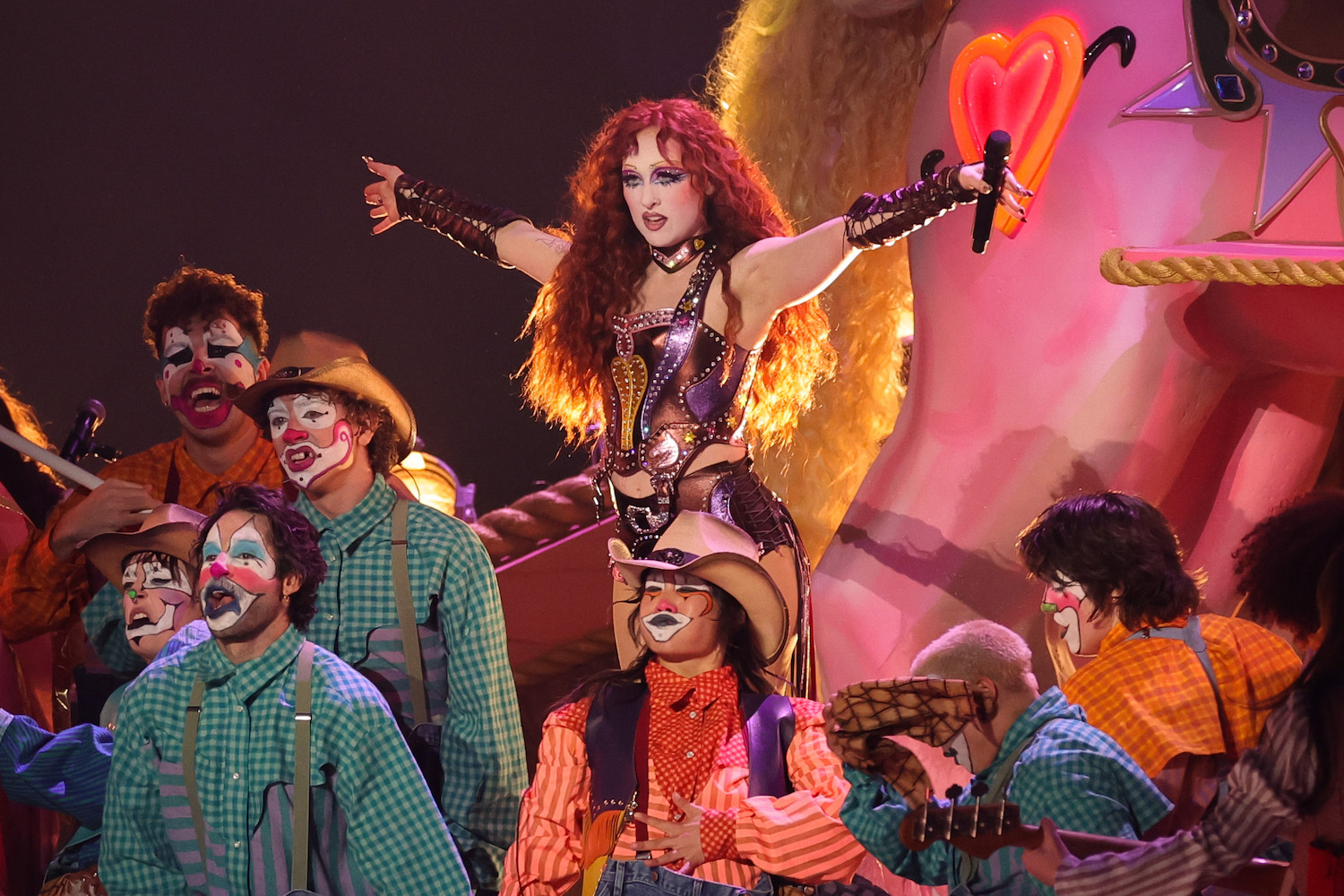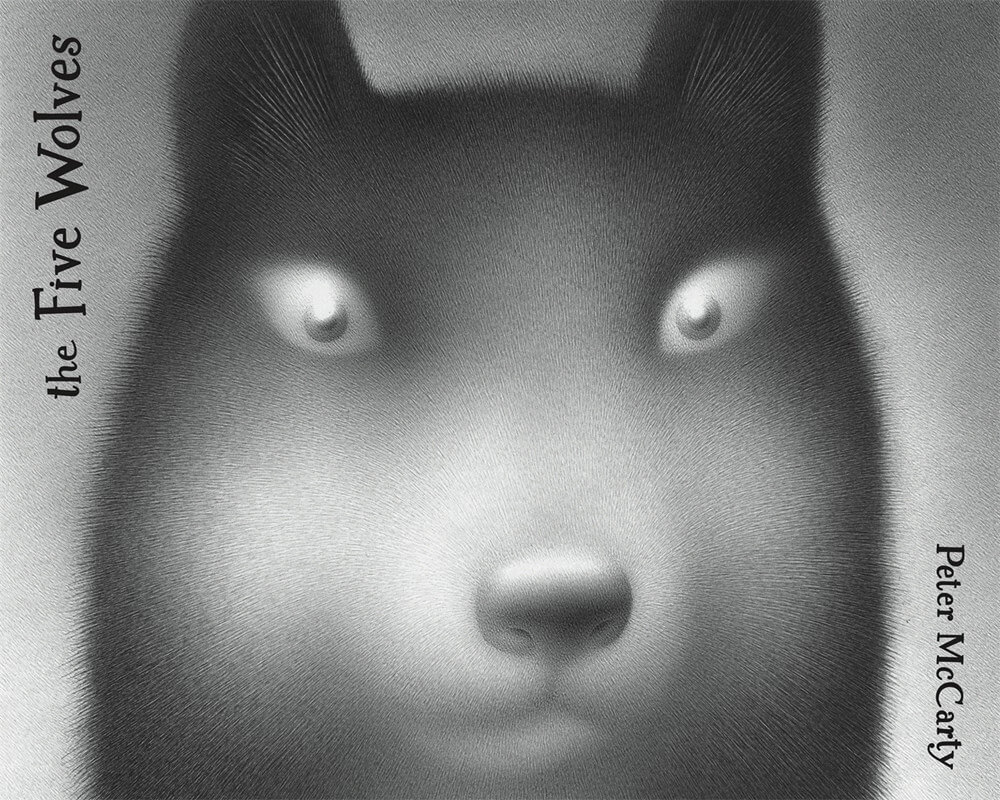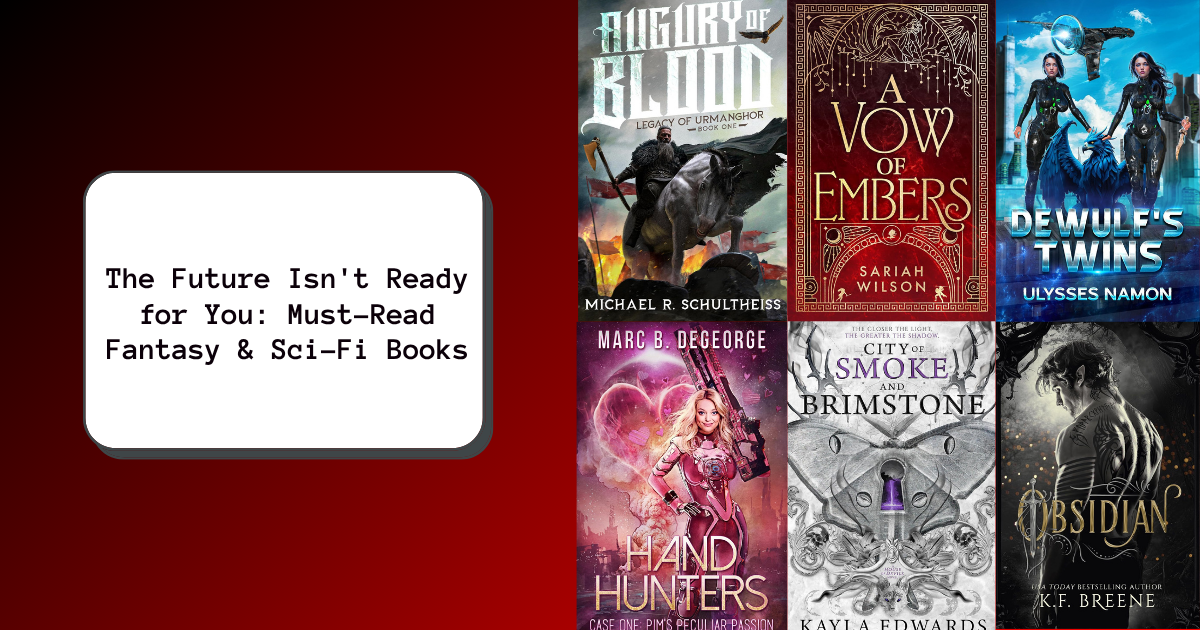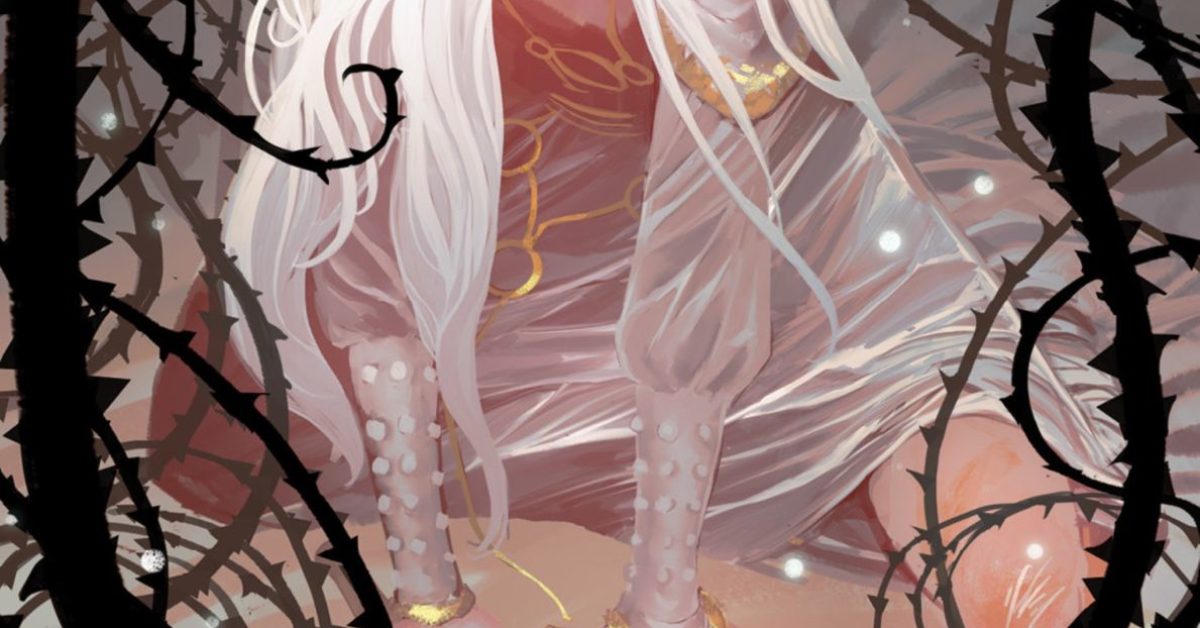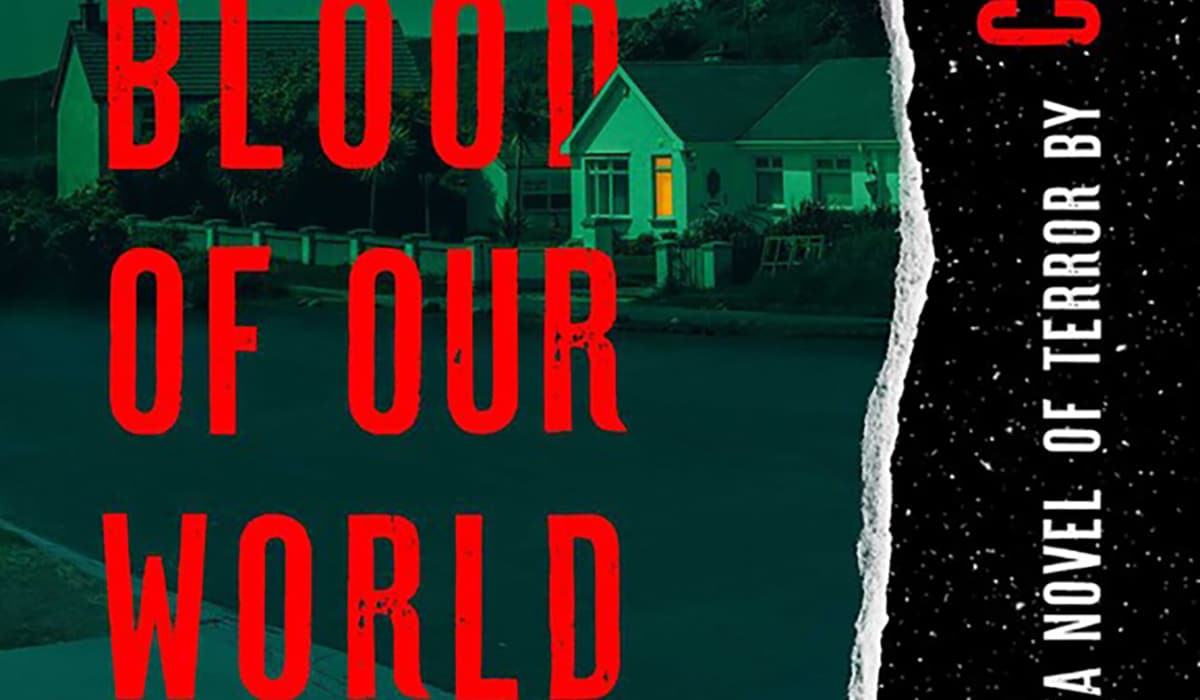When REO Speedwagon released Hi Infidelity in 1980, it marked the start of a new chapter. In the years that followed, fans would place it as the moment that the group shifted from the harder edged material of their ’70s output to a more commercial sound.
The members of the Champaign, Illinois band see it a bit differently. “I think we grew up a little bit. You know, when you start a band in your early 20s, by the time [when Hi Infidelity came out], you’ve been married and you’ve got kids,” former drummer Alan Gratzer explains to UCR. “Your priorities change a little bit. [At that time], I just thought, ‘We’ve been trying to play as hard and loud and as fast as we can, all of the time’ and I thought that was really cool. It still is. But I think we realized that we can slow down a little bit and see what happens. Luckily, Kevin [Cronin] wrote ‘Keep on Loving You.’ Before that, he wrote ‘Time for Me to Fly,’ even, so that was kind of a precursor, I think, to what the second half of our career became.”
Just because they changed gears operationally, the initial spark of REO was still there, according to Gratzer. “If you listen to something like Good Trouble, we were rocking out on that album pretty good too,” he says. “Even on Hi Infidelity, those demos, we just kind of played freely with everybody in the studio. Seven of those tracks [on the album] are the demo tracks.”
“I think there was a time when Gary [Richrath] and Kevin tried to start writing sort of hits for the radio,” bassist Bruce Hall adds. “Because the albums would only get up so far and then they’d start coming back down. There were no singles to help [the record label] promote [the albums] any higher.
READ MORE: REO Speedwagon’s ‘Hi Infidelity,’ Song-By-Song
“Gary and Kevin had always kind of been wanting to go in two different directions,” keyboardist and co-founder Neal Doughty details. “Hi Infidelity is when it worked together. Because ‘Keep on Loving You,’ when Kevin first brought that in on piano, I didn’t like it. I thought it was a little too soft and sappy, but then Gary starts putting power chords on it. You know, Kevin was always a little acoustic and Gary was always a little bit shred. On that album, those two things finally worked together, instead of pulling each other apart. We’ve been accused of selling out, because we got a ballad on the radio. But we did a ballad, just thinking, ‘Well, this record is going to be like every other one.’ But the live shows were always mostly uptempo. I always say, when the tempo slows down, that doesn’t mean the energy level does. When you’re at a speed where the whole crowd can sing along, that ups the energy, if anything. Hearing people sing along with [songs like] ‘Keep on Loving You’ and ‘Can’t Fight This Feeling,’ it’s a huge energy boost.”
Watch REO Speedwagon’s ‘Keep on Loving You’ Video
The Importance of Gary Richrath
As Gratzer, Hall and Doughty get ready for a special homecoming performance for charity in Champaign on June 14 at the State Farm Center, they’ve been revisiting the music from the many different eras of REO Speedwagon. Former vocalists Terry Luttrell and Mike Murphy will join them for the gig, as will early guitarist Steve Scorfina. They’ll offer a special tribute to Richrath, who died in 2015 and also, late bassist Gregg Philbin, who passed in 2022. Richrath’s son, Eric, will be there to play some guitar in memory of his father.
“What a rock star that guy was,” Doughty says now. “There’s one song that Alan put on the set list, ‘Sing to Me,’ which we’d never played live. Playing along with the record here, I’m going, ‘Man, Richrath killed on that song.’ Going through [the material], it’s kind of bittersweet. It’s just like, ‘Man, that guy was such a guitar player.'”
“I haven’t listened these REO songs this intensely for years and years,” Gratzer adds. “I’m realizing now in retrospect, how incredible of a guitar player he was. Sometimes, maybe not live as much, but I think all of the recorded stuff he ended up doing was really great. I miss him every day. It’s hard.”
“He had this kind of sloppy style,” Hall explains. “He had what I think could be called swagger. He was a great showman too and was upfront just playing great guitar.”
“Gary was definitely a rock star, the stud of the band, basically,” Gratzer concludes. “It was always fun to watch from behind.”
Hall has equal amounts of praise for Philbin, his predecessor in the group. “There were a lot of bands in Champaign at this time,” he says. “Everybody had a bass player, of course. Gregg was different. It wasn’t like John Entwistle so much, but it was unique. I think he helped you guys with the arrangements in the early days.”
“Over-arranging, I think,” Gratzer interjects, laughing.
“I think they’re great,” Hall continues. “It wasn’t funk and it wasn’t just runaway stuff. I loved it. I used to watch him play and I’d go, ‘Jesus Christ, this guy is a monster.’
“We’re doing ‘Lost in a Dream’ at the Champaign show,” Gratzer reveals. “If you listen to Gregg’s bass part [on that song], I didn’t appreciate it at the time, but now, after hearing it a hundred times in the last two or three months, I’m going, ‘Oh my God!’ I mean, he sounds like Jack Bruce on an incredible day. Gregg, I thought, was lost a lot of times. But listening to that, he kind of knew where he was going. But Bruce was a great rhythm bass player — and obviously [still is]. Gregg would be kind of flaming all over the place, playing a little bit of lead bass, or [as Bruce said], John Entwistle.”
The legacy members are all looking forward to playing together June 14, which Hall sees as an important moment now that REO Speedwagon, in name, has come off of the road. ” I think [we will] have [a kind of] closure,” he says. “We get to say goodbye to the fans and thank you for all of the years.”
REO Speedwagon Albums Ranked
REO Speedwagon’s catalog and career have been marked by dizzying highs and big setbacks. Here’s a ranked look back.
Gallery Credit: Nick DeRiso



